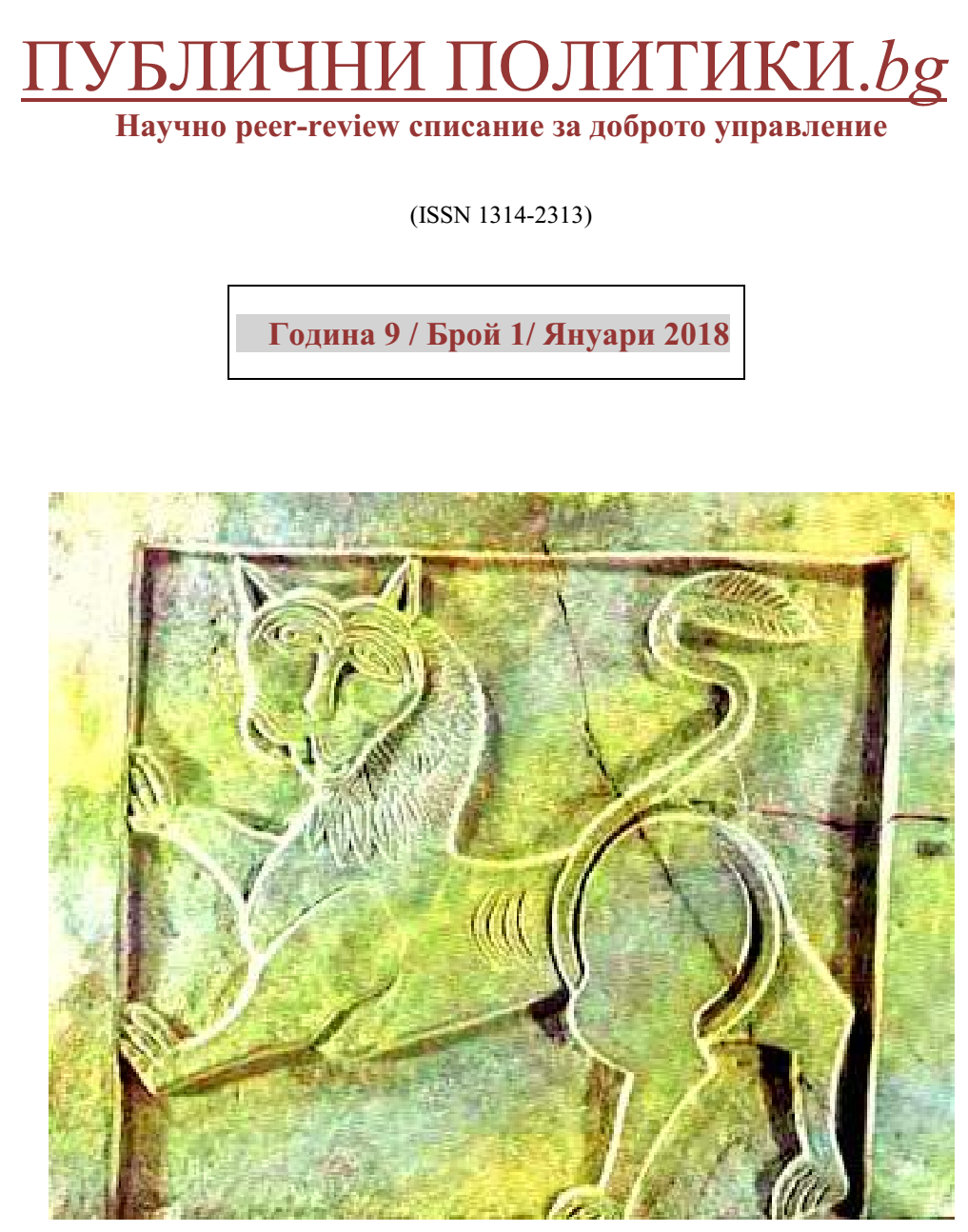ДОБРОТО УПРАВЛЕНИЕ: ЦЕЛТА, ЕФЕКТИВНОСТТА, СПРАВЕДЛИВОСТТА И РЕЗУЛТАТЪТ
GOOD GOVERNANCE: GOALS, EFFICIENCY, JUSTICE, RESULTS
Author(s): Todor TanevSubject(s): Politics / Political Sciences, Politics, Social Sciences, Political Theory, Public Administration
Published by: Софийски университет »Св. Климент Охридски«
Keywords: public management ;governance;social development;
Summary/Abstract: Bulgarian public management is process oriented rather than result oriented. This finding is supported by the parallel results of analyzing public project financing, administrative command models, control systems and the social partnership structure. Process orientation limits the effectiveness and efficiency and thus the quality of management and supports corruption. Traditional standards of good governance used in this situation are linear. They do not consider results by monitoring only the changes along the axes of each of the three sectors – public (goal), market (efficiency) and civil (justice). The Good Governance criteria used are therefore rational and thus insensitive to the value determination on one hand, and on the other – they are normative and therefore static. The inclusion in the standards for good governance of the more general criterion for productivity connects the other three criteria in a system providing social development.
Journal: ПУБЛИЧНИ ПОЛИТИКИ.bg
- Issue Year: 9/2018
- Issue No: 1
- Page Range: 25-34
- Page Count: 10
- Language: Bulgarian

